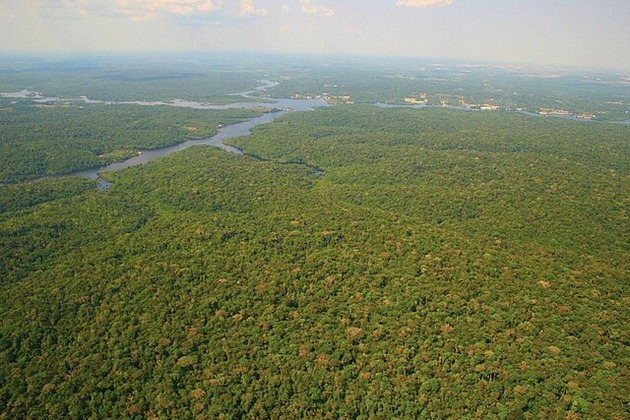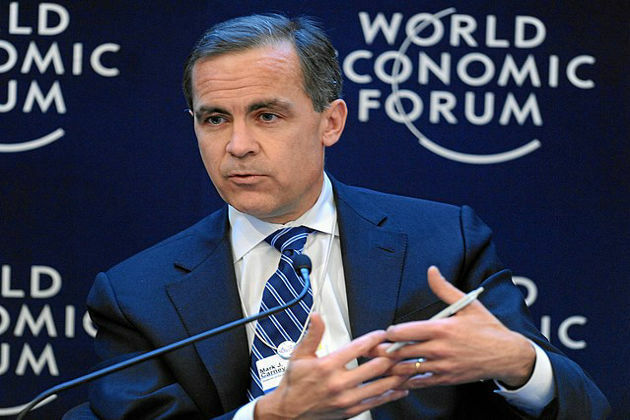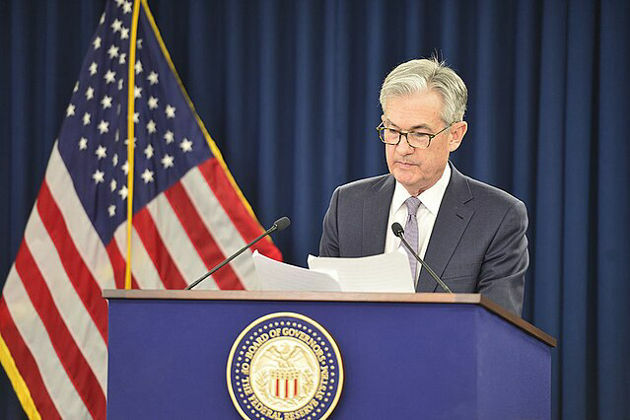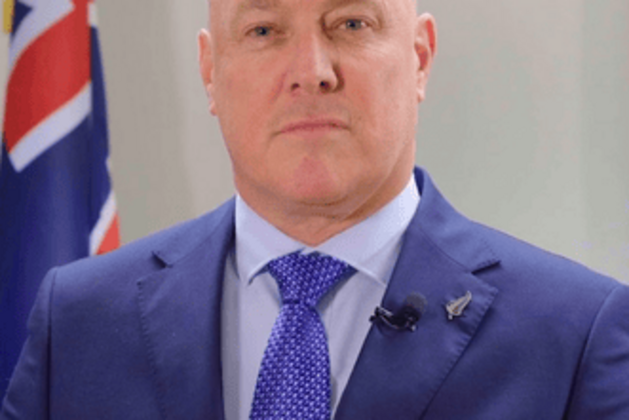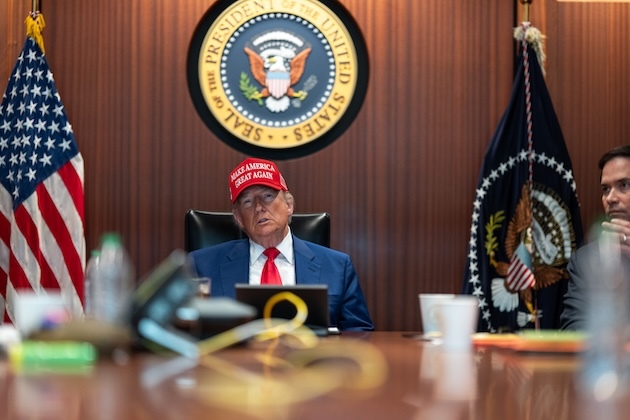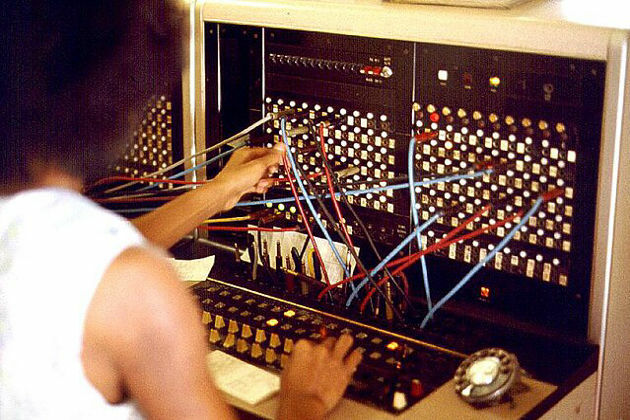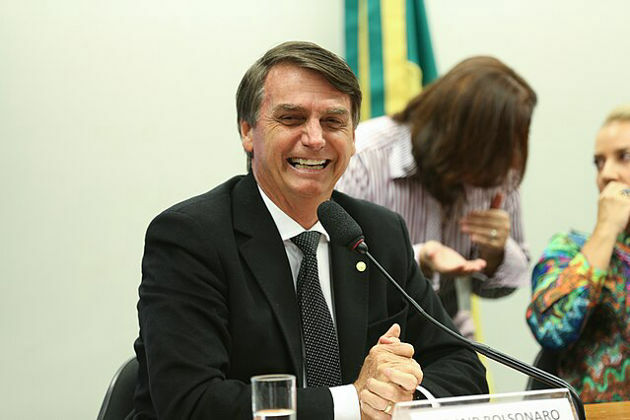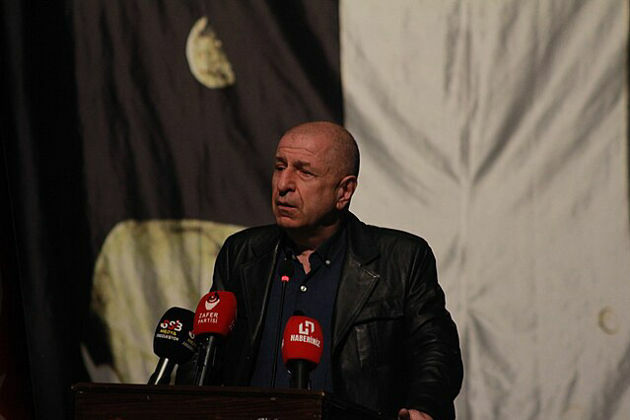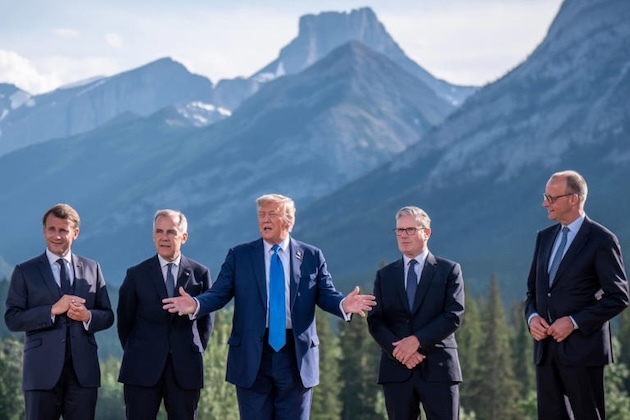Can Tesla's share price be justified? Probably not
The Conversation
28 Jan 2021, 06:09 GMT+10
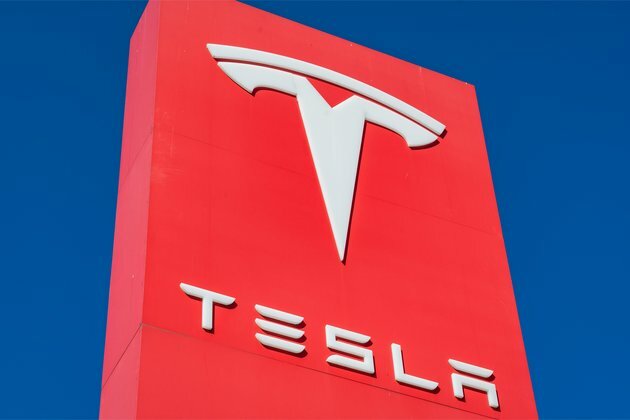
Elon Musk is now the world's richest person, edging out previous title holder Amazon's Jeff Bezos. His rocketing fortune is due to the booming share price of Tesla, the maker of electric vehicles and clean energy technologies.
In the past week Tesla's share price surpassed US$880, ten times its March 2020 low of US$85, giving the company a market capitalisation (or total value) in excess of US$880 billion - more than Toyota, Volkswagen, Daimler, General Motors, BMW, Honda, Hyundai and Ford combined.
That's an extraordinary amount for a company that only last financial year made its first full-year profit since being founded in 2003; and that profit was relatively modest. It gave Tesla a price-to-earnings ratio - a standard measure of a stock's value - close to 1,700.
Compare that to the other shares that have boomed since global stock markets rebounded from the COVID-induced lows of March 2020 - technology companies such as Facebook, Apple, Amazon, Microsoft and Google. Amazon's PE ratio is about 97, Apple's about 44, and others in the 30-40 range.
Telsa's latest quarterly profit is equally modest, missing analysts' expectations with reported earnings per share of just 80 cents. Its share price has dipped as a result, but still remains a very optimistic valuation.
So can Tesla's valuation be justified, or is this one more example of a bubble waiting to burst? Well, Tesla is clearly an extraordinary innovator, but there are several reasons to think that, though irrational exuberance may drive its value even higher, sooner or later it's going to come crashing back down to earth.
Read more: Tulip mania: the classic story of a Dutch financial bubble is mostly wrong
The positives
Tesla has benefited from its founder's vision. It has established a strong brand as the premiere producer of electric vehicles and renewable energy systems - two industries on the cusp of significant growth as the world moves away from fossil fuels.
It has successfully developed a suite of electric cars where other car companies have failed. It has done this by capturing the imagination of investors and technology enthusiasts alike with technically impressive and aesthetically beautiful products.
It has become a major manufacturer of solar photovoltaic systems.
Connected to both these markets are its developments in batteries to power vehicles, homes and entire communities. In South Australia it built the world's largest lithium-ion battery, storing renewable energy from nearby wind turbines when generation exceeds demand and balancing out the grid when demand exceeds variable supply.
These industries will accrue a greater share of vehicle and energy markets over time, and Tesla will be a major player in both.
However, Tesla faces serious challenges.
Tesla has led, but others will follow
The major car makers, once wedded to their old internal combustion technologies, are embracing electric in response to what is, for them, an existential threat. Car makers from Korea to Japan to Germany - and of course China - are responding with new products to challenge Tesla's position.
In strategic management, this response is called "disruption".
The term is most closely associated with the American academic Clayton Christensen. In his influential 1997 book The Innovator's Dilemma: When New Technologies Cause Great Firms to Fail, he describes the inexorable processes of how "early movers" are confronted with a new batch of entrants intent on securing their share of growing markets.
Tesla's success is tantalising, something both established and start-up competitors will seek to emulate. Late movers may start with simpler, cheaper and by some measures inferior products. But over time they can learn what consumers want and are willing to pay for. They then challenge industry leaders for a share of the market, starting at the bottom but always moving upward.
Indeed, Tesla itself has benefited from these very processes.
Read more: Pursuing Tesla's electric cars won't rev up VW's share price
Smoothing the road for competitors
As an early mover, Tesla is also laying the foundations for emulators' success. By establishing the impetus for infrastructure needed for the massive roll-out of electric vehicles, later movers will face fewer entry obstacles than Tesla and other early movers.
These include creating charging stations that, once established, will drive a virtuous cycle of increased demand for electric vehicles and supply of stations.
But the differences between Tesla and its big-tech peers may be a source of serious challenge.
Read more: How superfast charging batteries can help sell the transition to electric vehicles
Other tech companies benefit from what economists call network effects: the more ubiquitous a product, the more valuable it become to users.
Social media platforms are an obvious example, but it also applies to companies such as eBay and Amazon: the more buyers and sellers on these platform, the greater their value to sellers and buyers - and therefore the greater the returns to the service provider.
For Tesla, network benefits are harder to protect. More electric vehicles will create more demand for charging stations, and more charging stations will help vehicles sales. But it will be harder for Tesla to protect its stations from benefiting competitors.
Perhaps for Tesla's visionary founder that's just fine. His plans extend far beyond making money - and Earth.
But if you're an investor, it's something to be careful about. You might be able to ride the speculative rocket, so long as you time when you hop off. But if you're looking at Tesla as a long-term investment - as you should - there are no guarantees.
Authors: John Rice - Professor of Management, University of New England | Nigel Martin - Lecturer, College of Business and Economics, Australian National University 
 Share
Share
 Tweet
Tweet
 Share
Share
 Flip
Flip
 Email
Email
Watch latest videos
Subscribe and Follow
Get a daily dose of Middle East Star news through our daily email, its complimentary and keeps you fully up to date with world and business news as well.
News RELEASES
Publish news of your business, community or sports group, personnel appointments, major event and more by submitting a news release to Middle East Star.
More InformationInternational Business
SectionFarmers exploit loophole in Amazon soy deal to clear rainforest
SANTAREM, Brazil: As Brazil cements its position as the world's top soy exporter, a new wave of deforestation is spreading across the...
Europe eases rates as Fed holds and Trump threatens tariffs
ZURICH, Switzerland: A wave of central banks across Europe surprised markets last week by lowering interest rates, responding to easing...
Carney sets 30-day deadline for US trade deal
OTTAWA, Canada: Canada may boost its counter-tariffs on steel and aluminum imported from the U.S. if a comprehensive trade agreement...
Federal Reserve chief weighs next move as economic outlook wavers
WASHINGTON, D.C.: The U.S. economy is performing reasonably well, but Federal Reserve Chair Jerome Powell faces a difficult decision...
Brazil aims to restart poultry trade after bird flu clearance
SAO PAULO, Brazil: Brazil is taking confident steps to restore its dominance in global poultry exports after declaring its commercial...
New Zealand PM seeks stronger ties with China amid security talks
BEIJING/WELLINGTON: New Zealand's Prime Minister Christopher Luxon commenced his visit to China on June 17, seeking to strengthen trade...
International
SectionTrump goes on social media to announce Israel-Iran ceaeefire
WASHINGTON DC, - U.S. President Donald Trump has claimed a ceasefire has been reached between Israel and Iran. He made the claim on...
Confused bot named Alyssia replaces human response on Iranian phones
DUBAI, U.A.E.: British Iranians living in the U.K. are taken aback when they try to reach their families in Tehran on the phone and...
Brazil’s ex-president accused of leading illegal spy operation
BRASILIA, Brazil: Former Brazilian President Jair Bolsonaro is accused of playing a key role in an illegal surveillance operation orchestrated...
Critics say Özdağ case aims to silence Erdogan opponents
ANKARA, Turkey: A Turkish far-right politician went on trial Wednesday, facing charges of inciting public hatred—an episode critics...
Assisted dying bill clears key hurdle in UK Parliament
LONDON, U.K.: In a landmark moment for Britain, lawmakers in the House of Commons have voted in favour of legalising assisted dying,...
International law no longer a priority among Western leaders
Western support for Israel's right to strike Iran backs up a pattern of pre-emptive violence that critics say is further eroding international...

